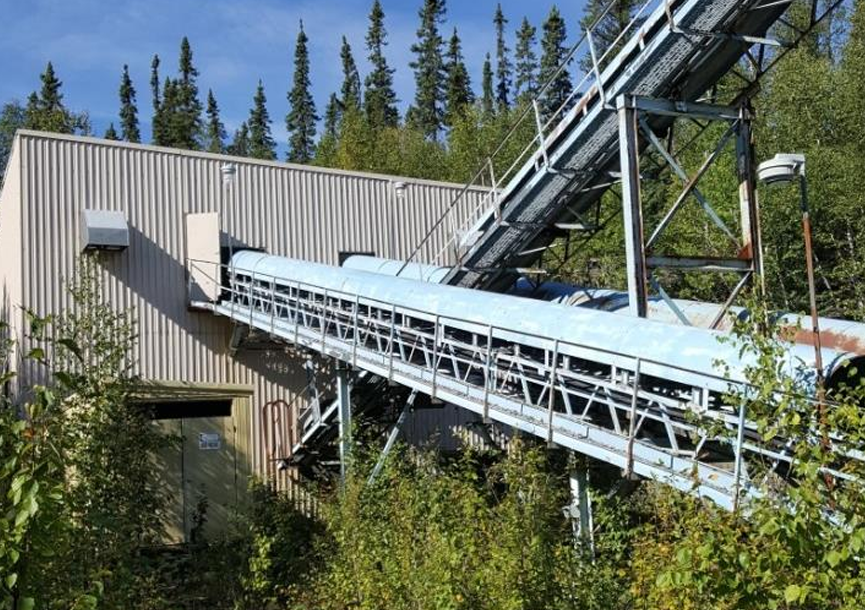Canadian Gold cuts high grades at former Tartan mine, Manitoba


Canadian Gold (TSXV: CGC) released high-grade intersections from the second phase of drilling at the former Tartan gold mine 12 km northeast of the town of Flin Flon, Man. Drilling at the South zone resulted in the discovery of a new trend, where mineralization remains open below 250 metres depth.
Three holes were drilled at the South zone. Hole TLSZ24-27 returned 5.9 g/t gold over 3.0 metres, including 14.0 g/t over 1.0 metre. Hole TSLZ24-28 returned 3.0 g/t over 3 metres, and hole TSLZ24-29 returned 1.6 g/t gold over 1 metre.
Two more assays were received for the Main zone, with hole TLMZ23-26W6 returning 4.1 g/t gold over 12.8 metres, including 12.6 g/t over 2.9 metres, including 24.4 g/t over 0.9 metre. Hole TLMZ23-26W7 returned 3.7 g/t gold over 8.7 metres, including 7.2 g/t over 1 metre, and 7.2 g/t over 5 metres, including 22 g/t over 1 metre. Other assays for the Main zone were released previously.
Canadian Gold is planning its phase 3 drill program for this summer. Initial drilling is planned for an anomaly situated 850 metres to the northeast of the Tartan mine. Surveying with induced polarization and airborne electromagnetics has identified a probable volcanogenic massive sulphide.
The Tartan Lake gold mine was active from 1986 to 1989 when it was owned by Granges. During that time, it produced at least 35,000 oz. of gold. Current resources are estimated to be 1.2 million indicated tonnes at 6.32 g/t gold and 240,000 inferred tonnes at 4.89 g/t gold.
More information is posted on www.CanadianGoldCorp.com.
Comments